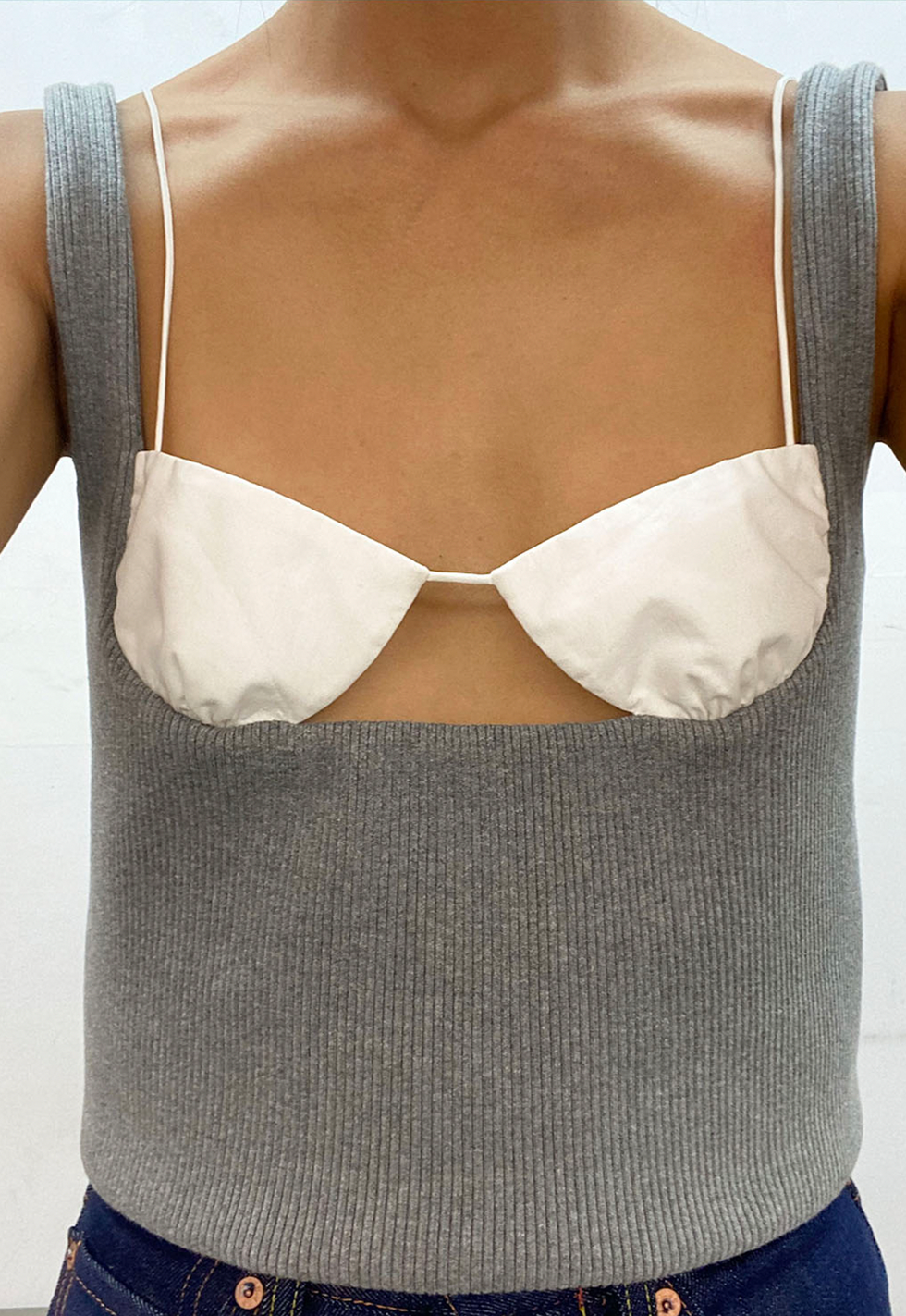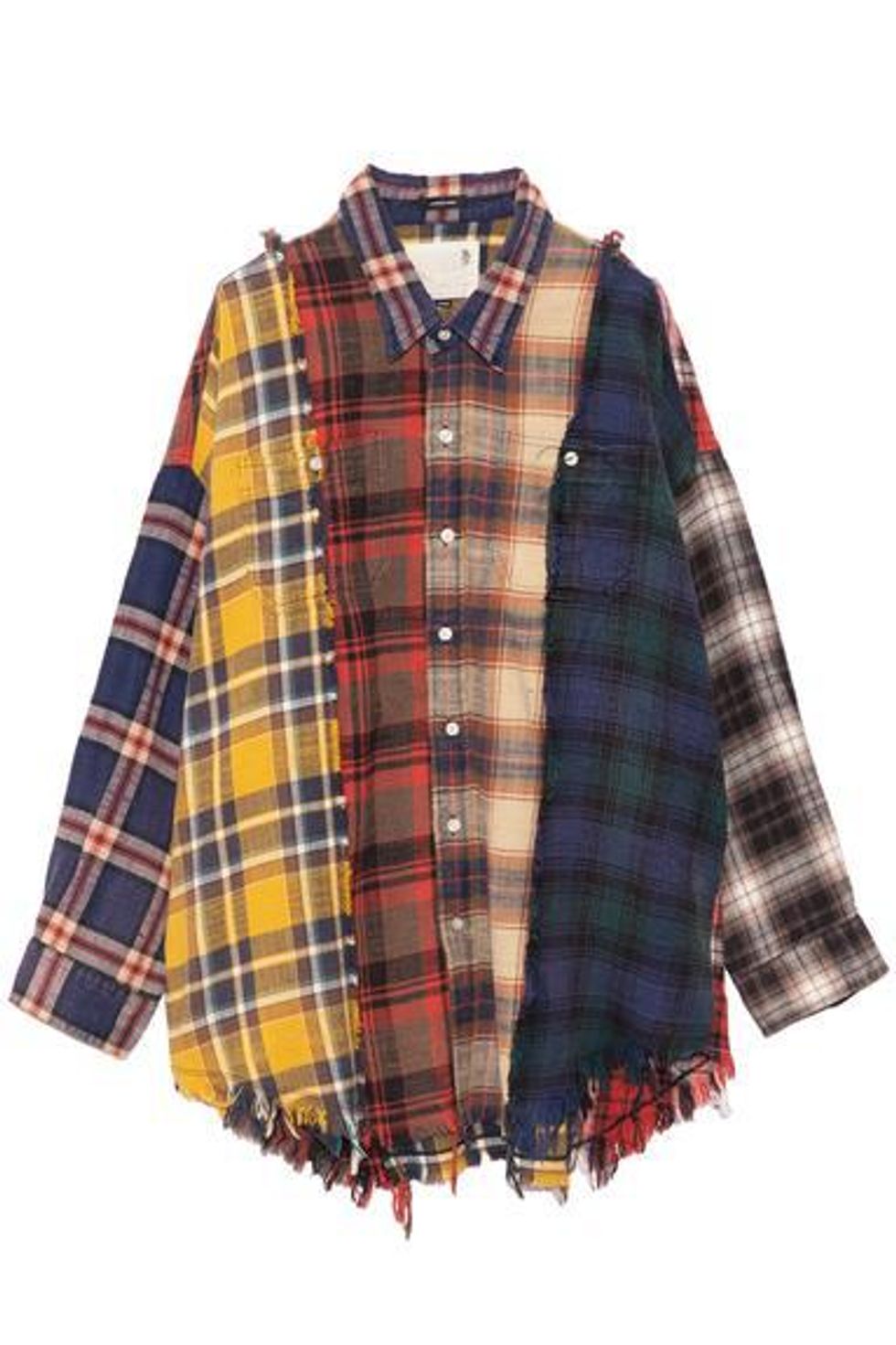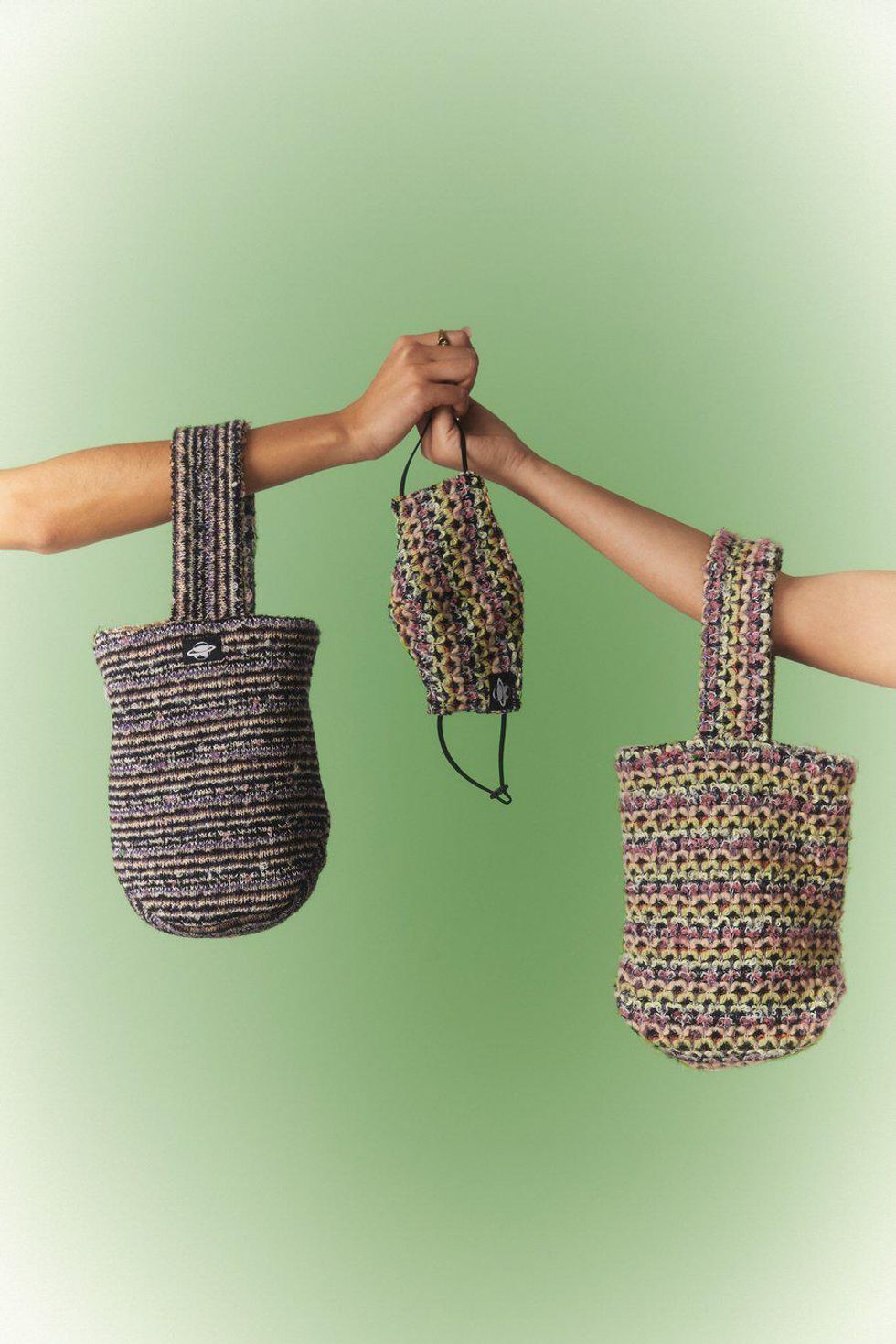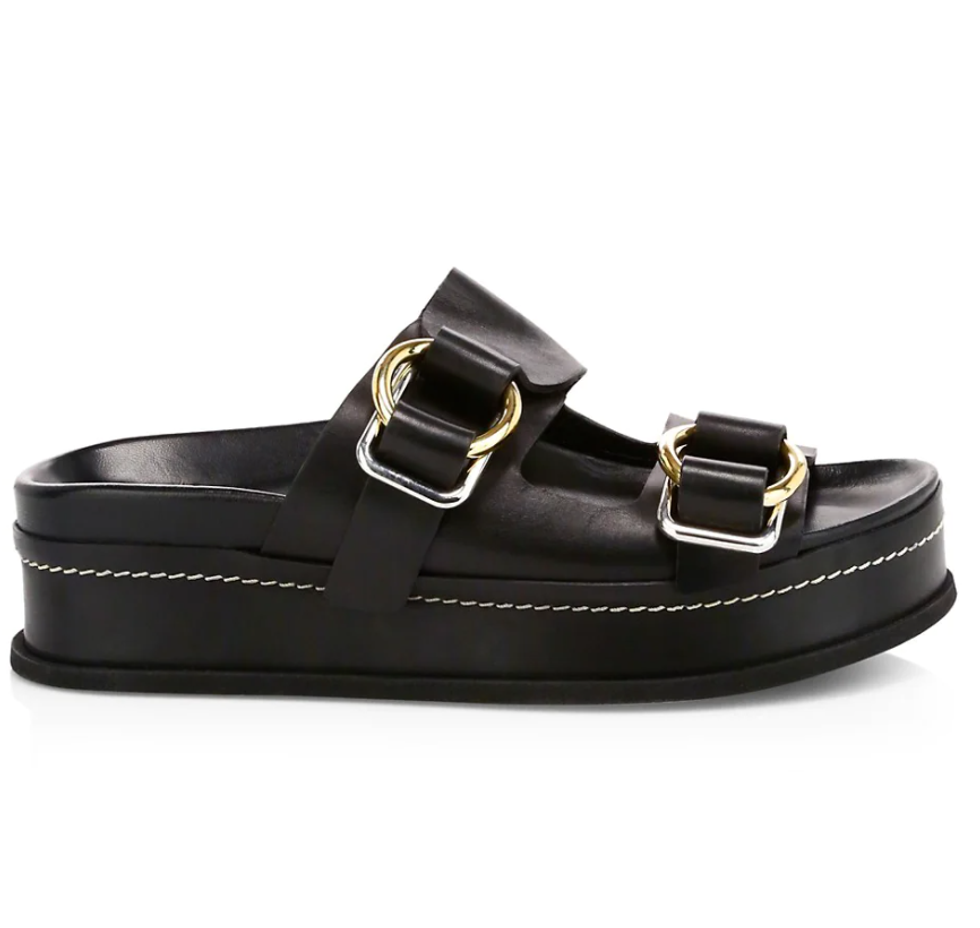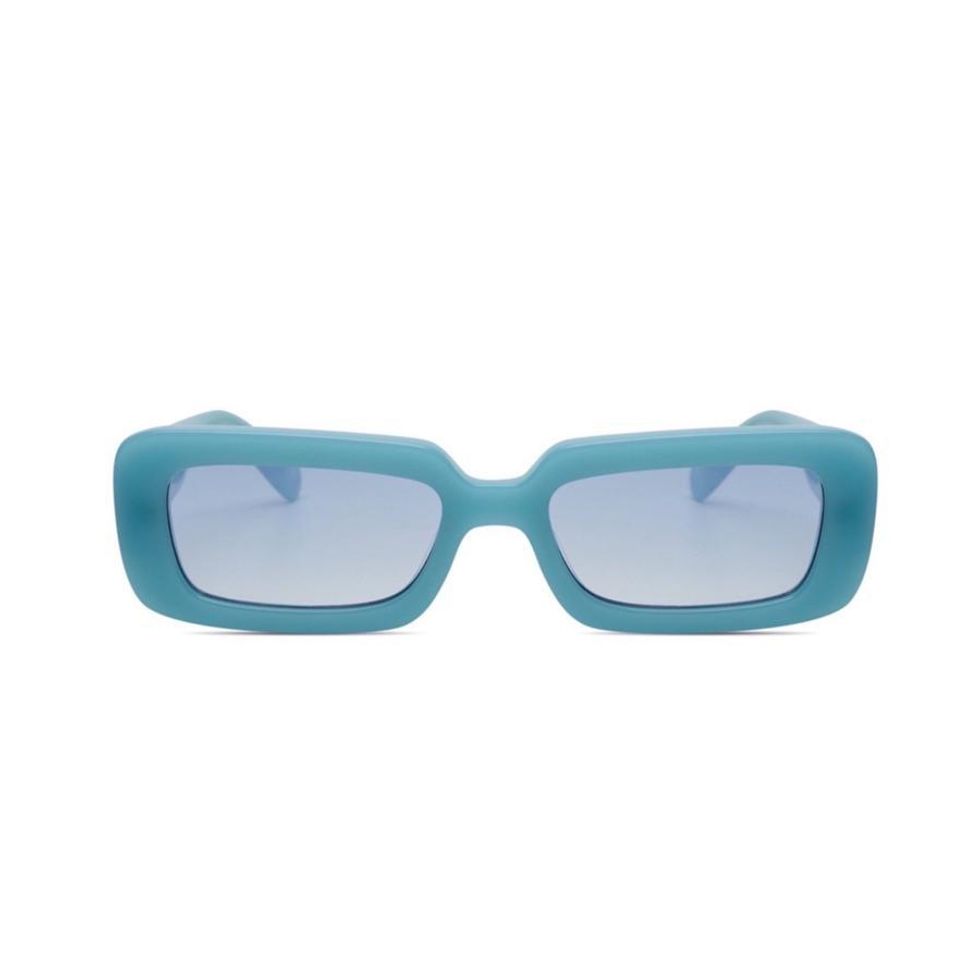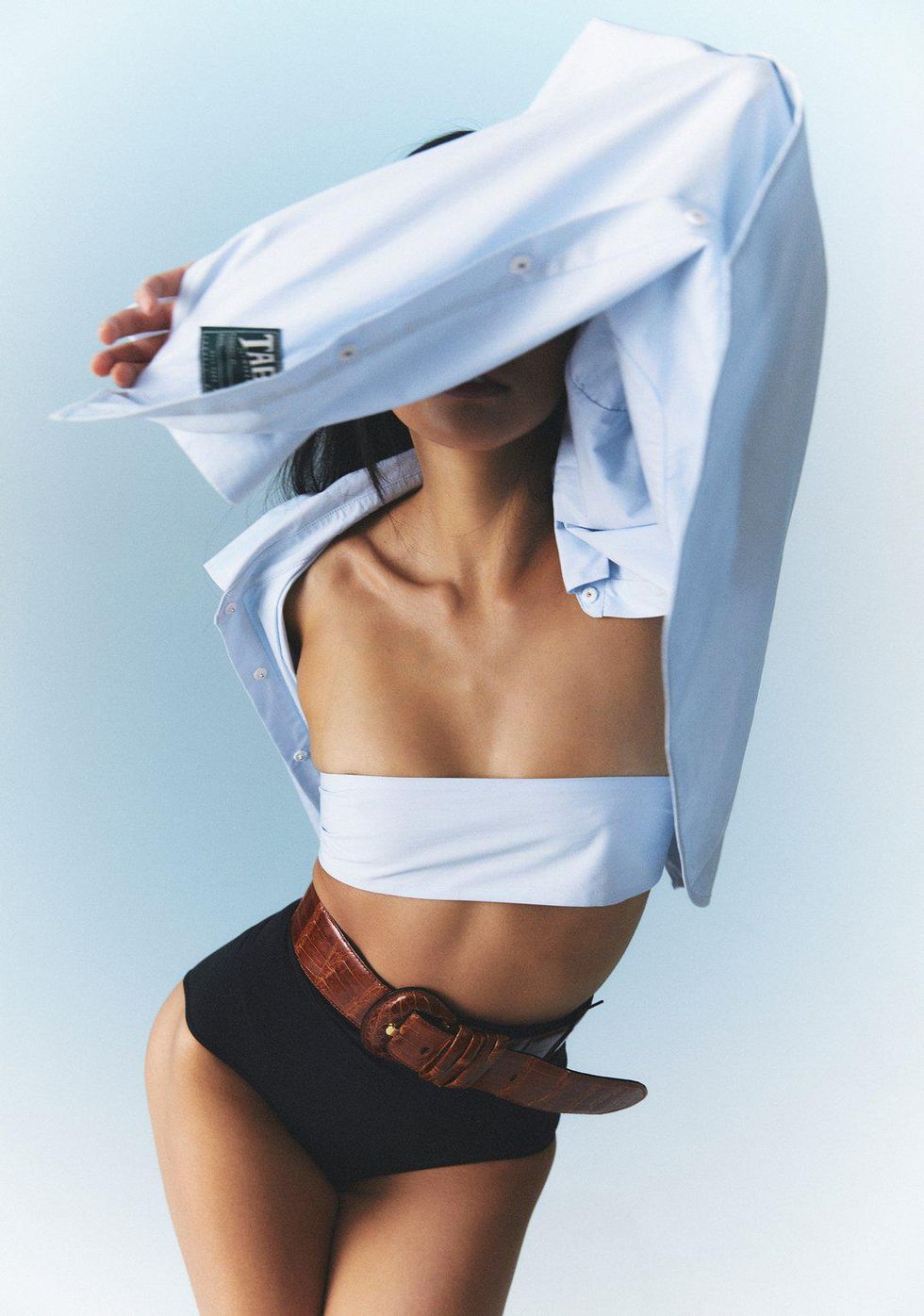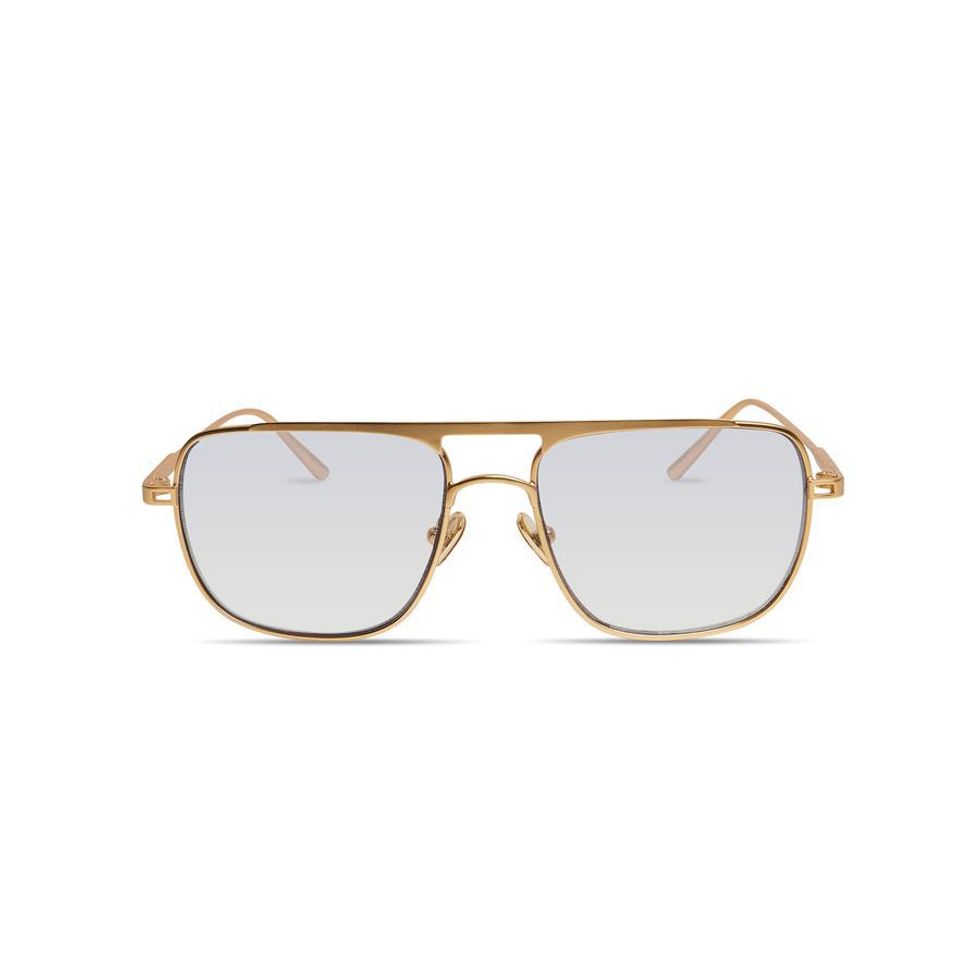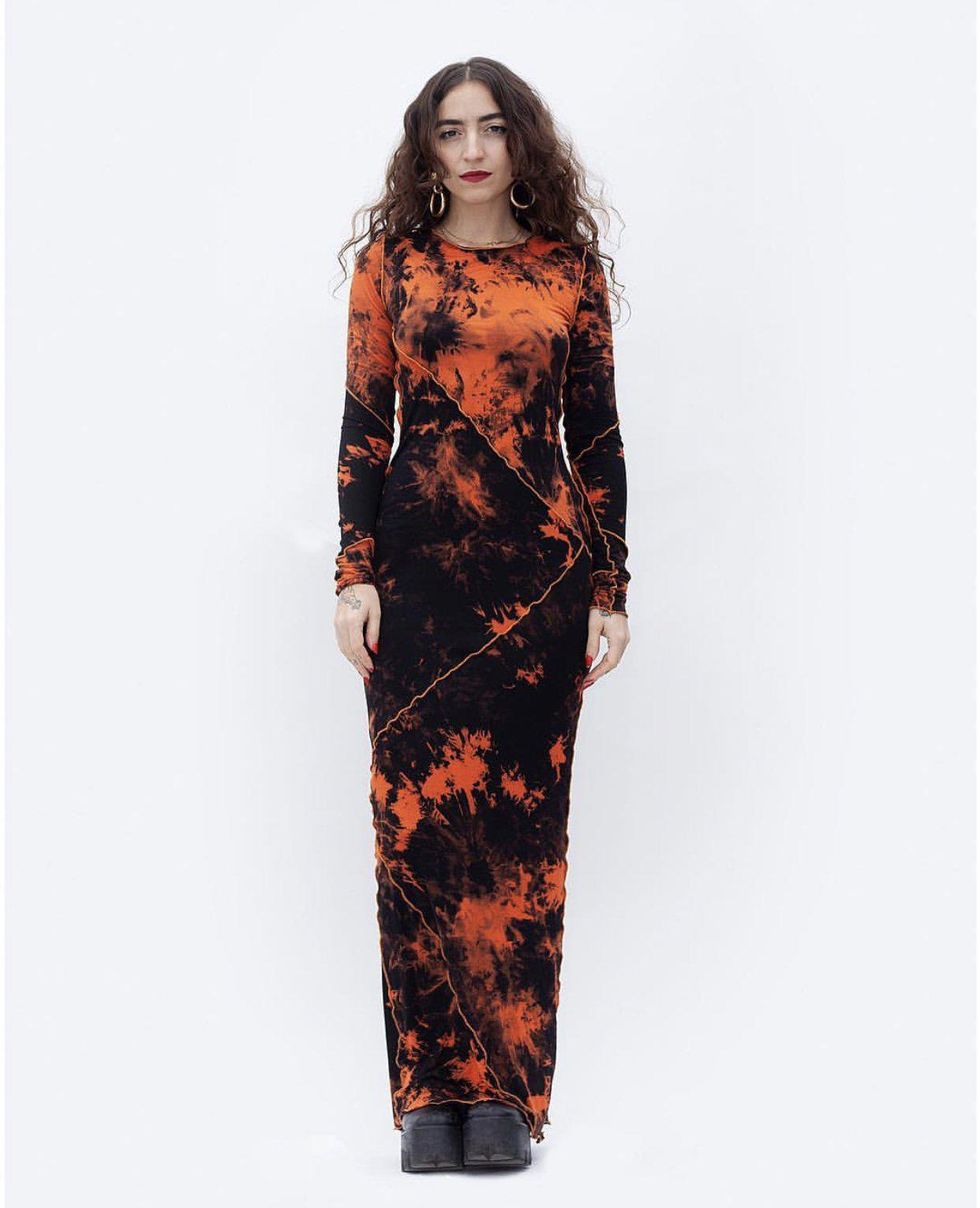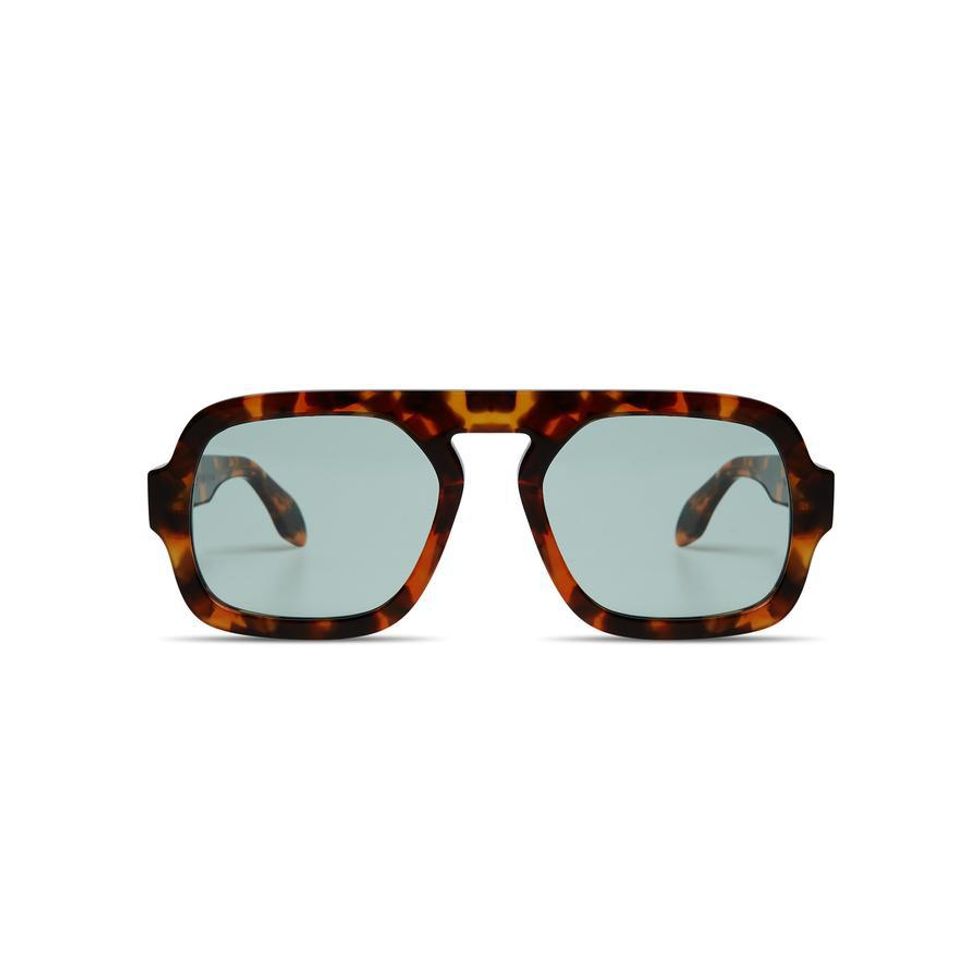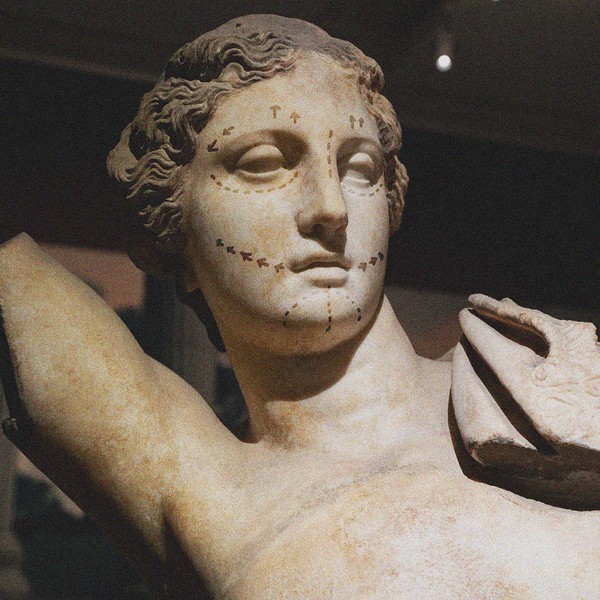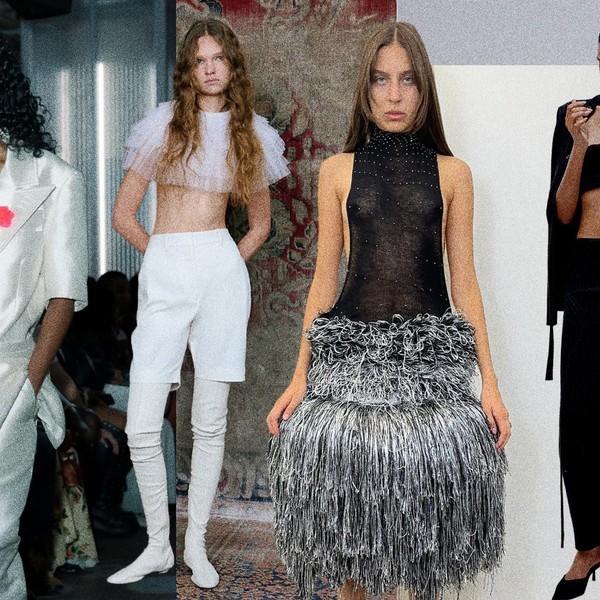This Model & Activist Uses Fashion as a Tool of Communication
This week Jeannie Jay Park wore only AAPI- and POC-owned brands.
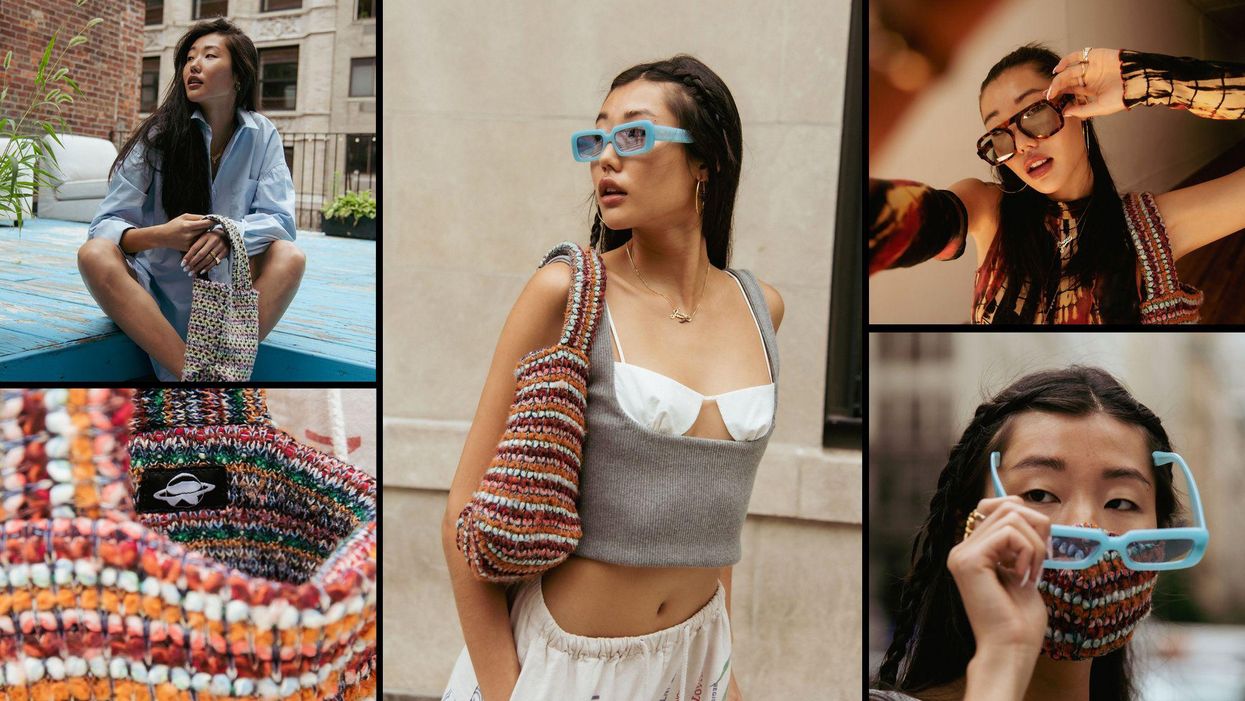
Welcome to Style Diaries, a new series where we research the physical manifestations of our closet tours IRL. We're asking friends and tastemakers to show us what they're *actually* wearing during the week and to provide a little insight into their thoughts on the current state of fashion. This week we are speaking with activist, model, and creator Jeannie Jay Park. As an Asian-American woman, the founder of Sanitation Nation, a not-for-profit brand merging fashion and activism focused on building intersectional solidarity and humanity, and co-organizer of Warriors in the Garden, a non-violent protest collective working against all forms of white supremacy in NYC, Park gets dressed with a purpose, opting to support sustainably made AAPI- and POC-owned brands, all of which she incorporates into her amazing sense of style.
What does your style *actually* look like right now?
"It's hard to put one word to my style because right now it looks loudly alternative and multi-dimensional. It's largely unpredictable and experimental—it's perspective, it's rage, it's joy, it's spontaneity, it's revolution, it's humanity. It's playing with unique, sustainable finds and discovering new patterns, fabrics, textures, and colors to play with. I've been radically deconstructing the stereotypes and myths placed onto us as Asian Americans and, as a result, have been deconstructing my closet. I've also been trying to find longevity and lasting sustainability in my style, always valuing quality over quantity and humanity over trends. I recycle a lot of the same clothes, the ones I love, that have represented who I've been through different parts of my journey. I love upcycling clothes I've outworn—deconstructing them and finding new life and beauty in the old. Isn't that what life is all about? In this sense, clothes are more than just clothes. They're a huge vessel for us in this lifetime to discover who we are as interconnected humans and to play our part in communicating the world we stand for."
Day 1:
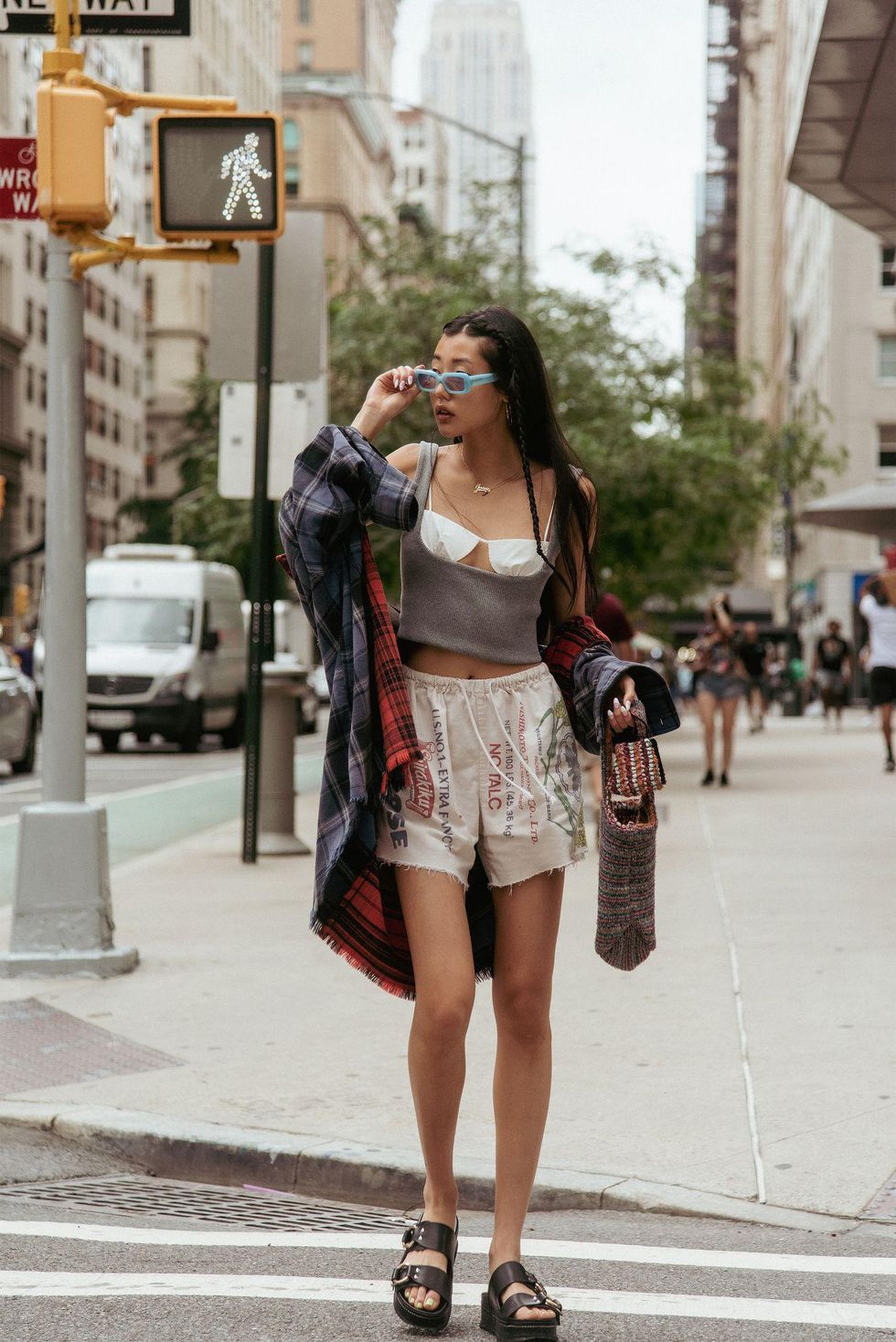
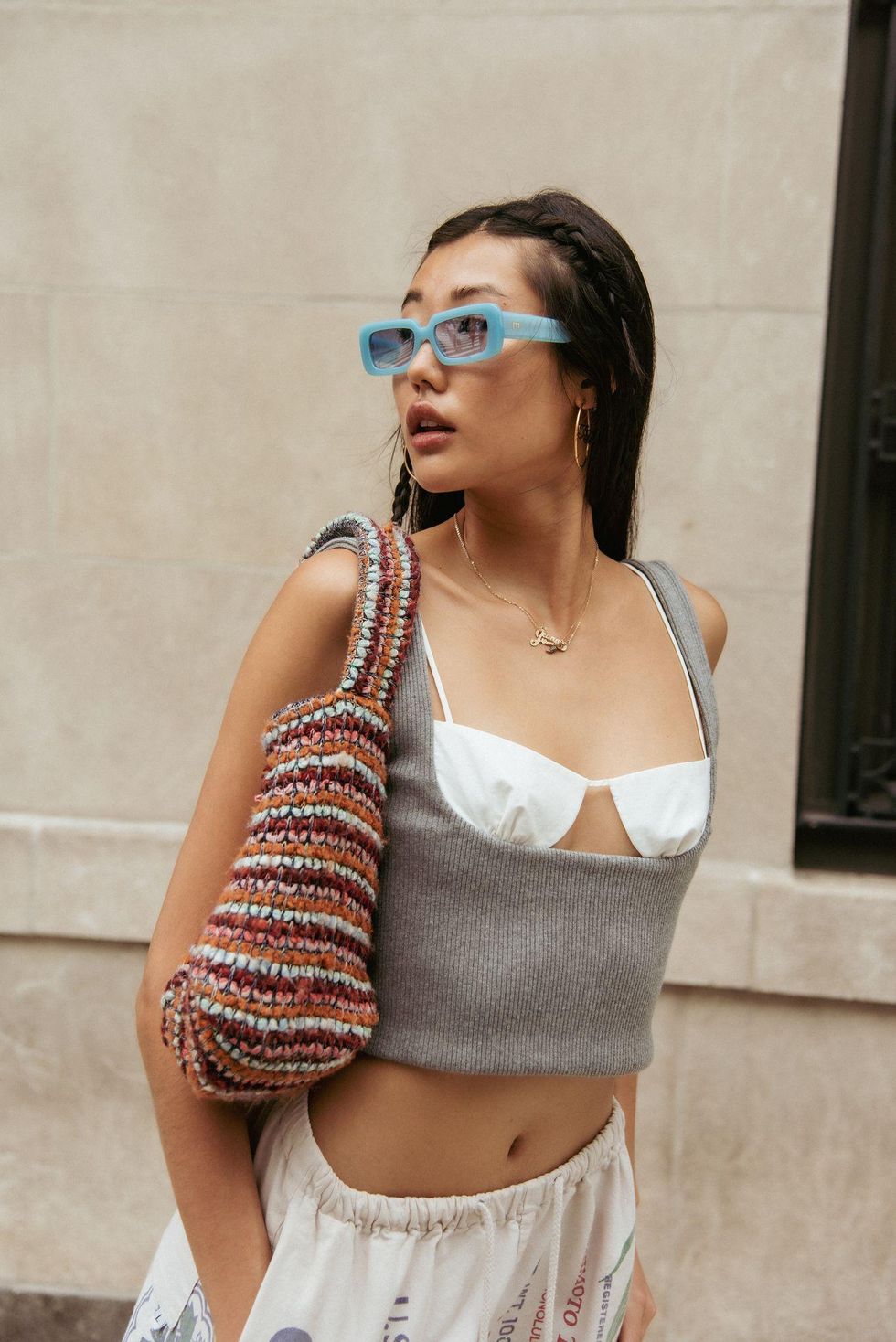
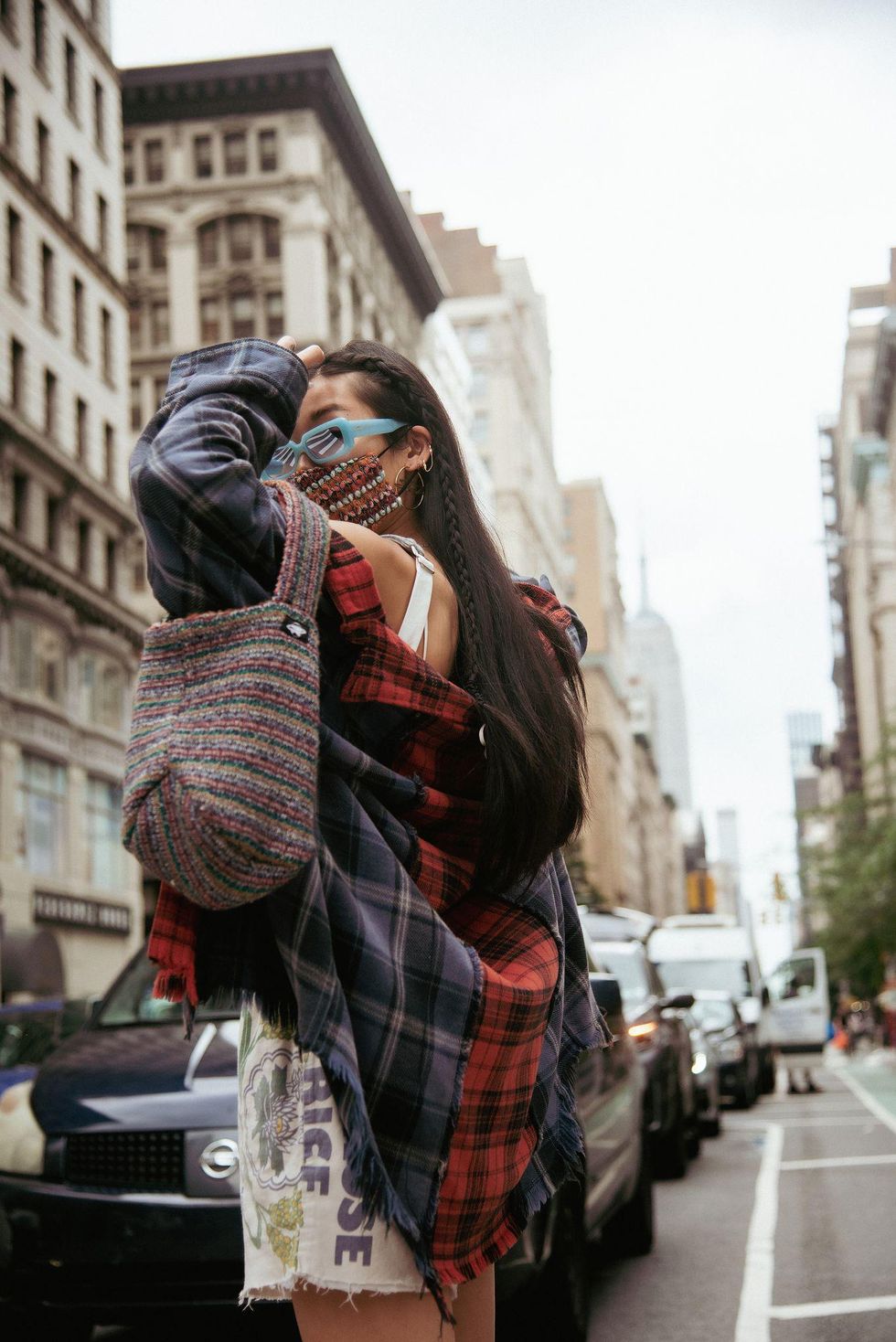
"This is the most 'me' you'll really ever see me. Chill me. Careless me. This is what I'd wear on a summer day in NYC if I was getting ready to go on set all day, head to a protest, or just hang around and spend the day roaming. Whatever the occasion, the Mother bag is always with me. The Mother bag is upcycled ethically from deadstock Italian wool knits and is reversible. I really wanted to design a multi-purpose practical and ethical bag that we could take with us day or night, while ensuring that it was still colorful, unique, and one of a kind. This bag represents how fashion needs to evolve and adapt with us as humanity grows, designed and handmade in our hometown, New York City, and created by our local Asian women artisans as a means to protect Asian women. A hundred percent of profits from the Mother bag are being donated to Asian Women Alliance, an action-oriented network dedicated to protecting marginalized AAPI women and elders by driving social, political, and economic change for AAPI women and youth, and fighting to end Asian hate.
"On par with our core values behind the creation of the Mother bag, I love supporting POC-owned, sustainable and ethical businesses. My top is from my fellow Korean-American friend's local small business, Tae Park, made ethically in NYC. The shorts are my absolute most repeated bottoms of the summer: upcycled vintage rice bag shorts from a friend's vintage Filipina-American-owned brand, Frou Frou (DM them to source a similar pair). Ironically, I've been seeing this rice bag trend a lot lately, and I think it's so telling of the post-racial era we're in, where it's now trendy to wear the very same rice bags that I grew up hiding in the pantry every time my friends would come over (along with any sign of my Asian-ness) after being made fun of for my Korean lunches throughout my entire childhood. Wearing these shorts now makes me feel like I can reclaim my power and definitely represents how our generation of Asian Americans are able to tell our own stories in our way. The flannel is also one of my most-worn pieces in my closet right now and is from one of my all-time favorite brands, R13, founded by Vietnamese designer Chris Leba. I love their deconstructed style and how loud they are with their designs. The shoes are from Chinese-American designer Phillip Lim 3.1, who has been helping make incredible strides for our Asian-American community in the face of hate. The sunglasses are from my friend Elisa Johnson's new brand—she's really breaking the mold as a Black woman CEO and independent designer, striving to make luxury accessories more affordable and accessible for youth POC.
"None of these pieces are mass produced. Each article of clothing shapes my story in how I decided to present myself to the world today, to communicate who I am and to stand for humanity via the clothes on my back. Today I decided to say that I would uplift my Asian-American community, stand for BIPOC solidarity, and of that, I am loud and unapologetic."
Shop the Look:
Do you have a go-to outfit formula, or do you prefer to switch it up when getting dressed?
"I prefer to switch it up based on how I'm feeling that day. But if I had a go-to outfit formula, it would be repeating, reusing, recycling! I'm a huge outfit repeater, and I don't find any shame in that. If anything, I want to normalize the idea that someone like me would repeat outfits because in this day and age of fast fashion, we need to be focused on how we can extend the life cycle of our clothing. One of the best ways I repeat my clothing is through layering. I can wear the same piece multiple days in a row, and if I layer it differently, it still feels fresh and exciting."
Day 2:
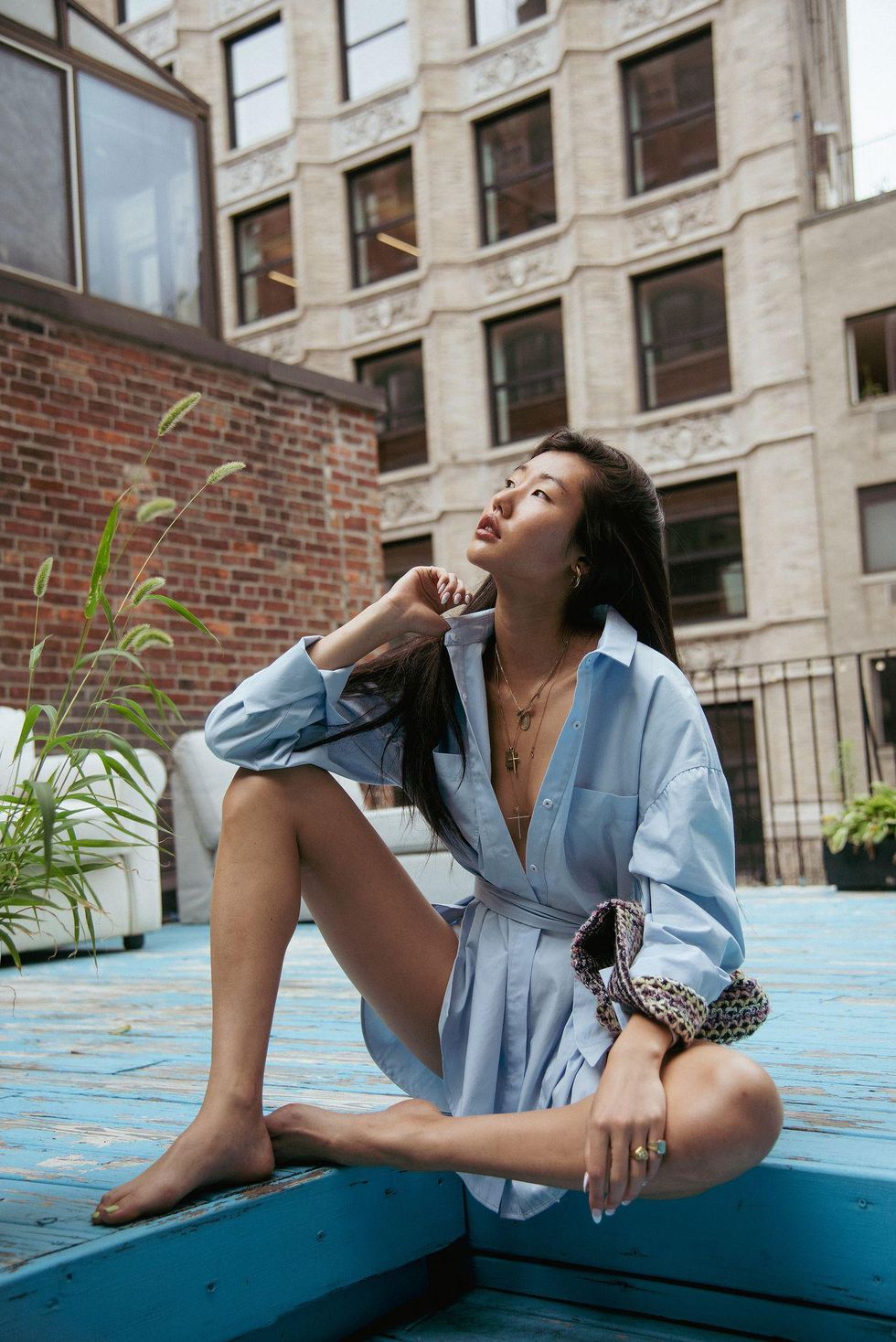
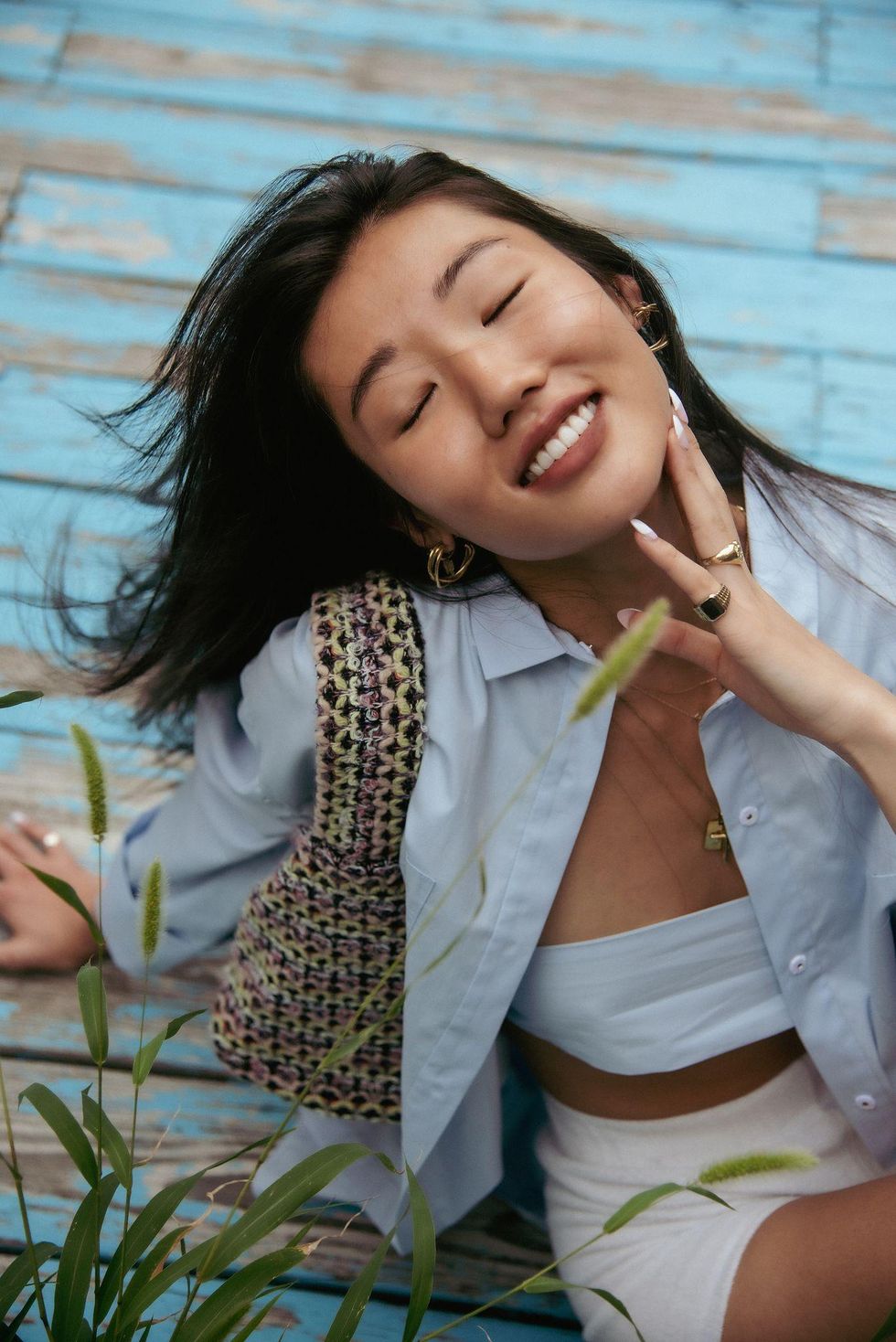
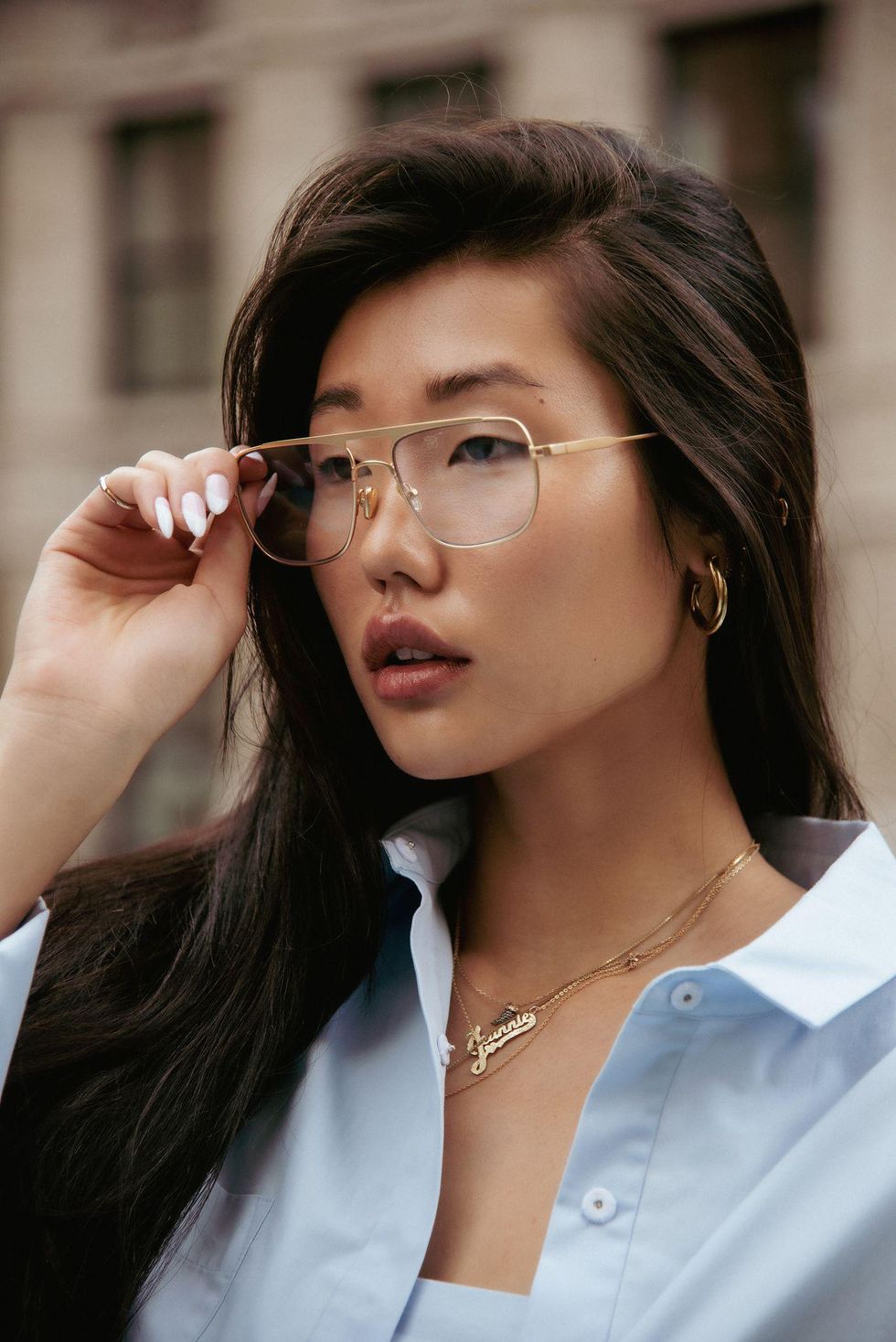
"I love a classic button-up, and especially one that's modern and sustainable. This oversized Tae Park boyfriend shirt needs nothing else. I'm always playing around with different ways of wearing my clothing, so this is the versatile, slow-fashion piece of my dreams. I paired it with the Mother bag in the Lee colorway (named after my mother). Whether I'm wearing it around the house or running out for a beach day, this is the ultimate versatile outfit—reverse the bag to bring it from day to night! I always want to know where each article of clothing came from—who made them, who touched them? You wouldn't just pick someone off the street and start dating them before you even knew where they came from, you know? That's how I feel about my clothes."
Shop the Look:
In terms of beauty, what does your routine look like, and how has that impacted your style?
"I've struggled with embracing my beauty for as long as I can remember, especially the parts of it that have made me uniquely me. Growing up, I was most bullied for my eyes. Coming from a childhood where I struggled with embracing my unique beauty, it ended up enabling the shame and shell I formed around my Asian identity—from pounding too much makeup on my face to wearing tons of eyeliner and eyeshadow to hide my eyes and take away from their uniqueness. Now I'm all about clean beauty—a classic no-makeup makeup look that strives to embrace all the unique features that make me, me—and sometimes I'll add a thin winged eye to really highlight the newfound beauty I find in my eyes."
Day 3:
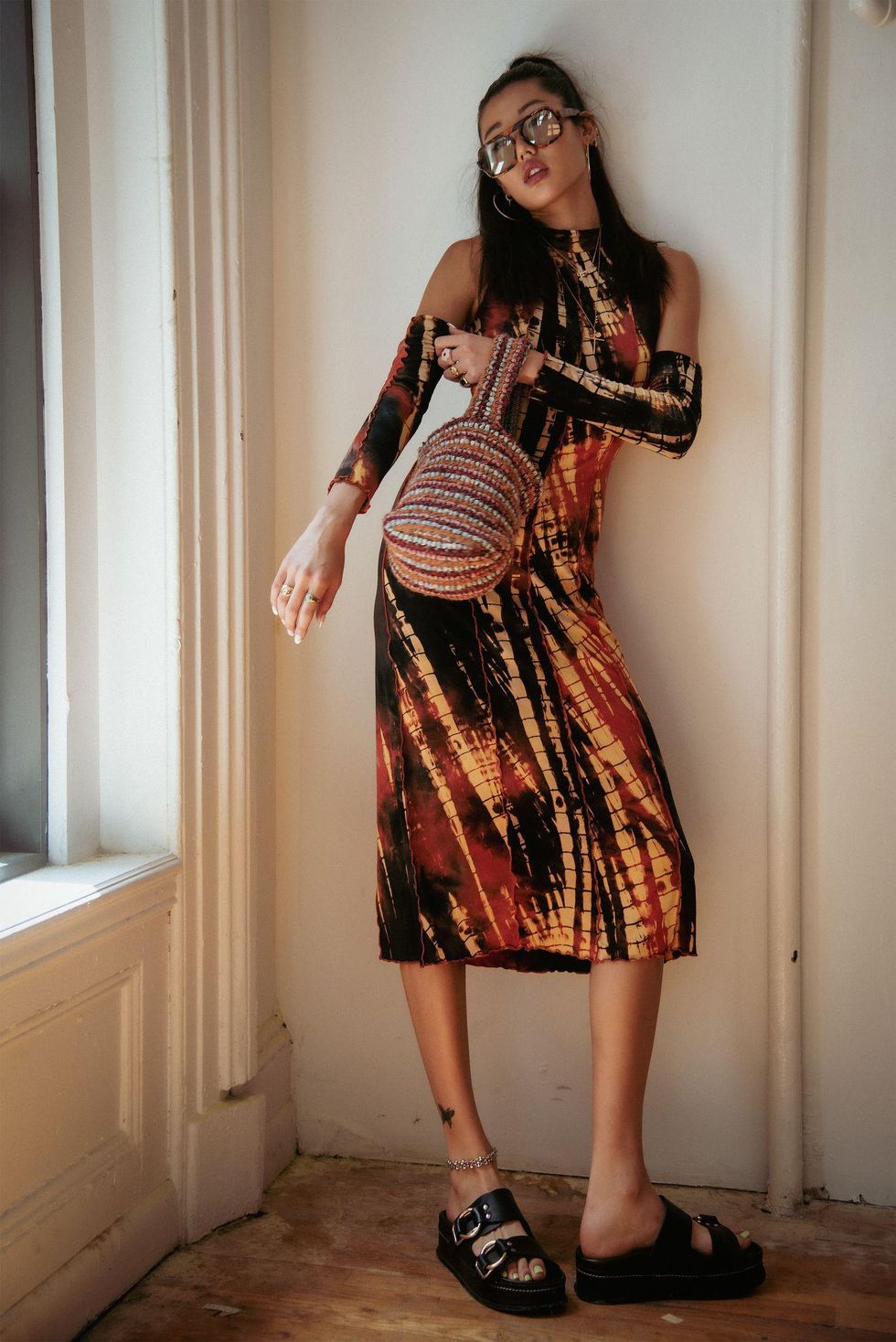
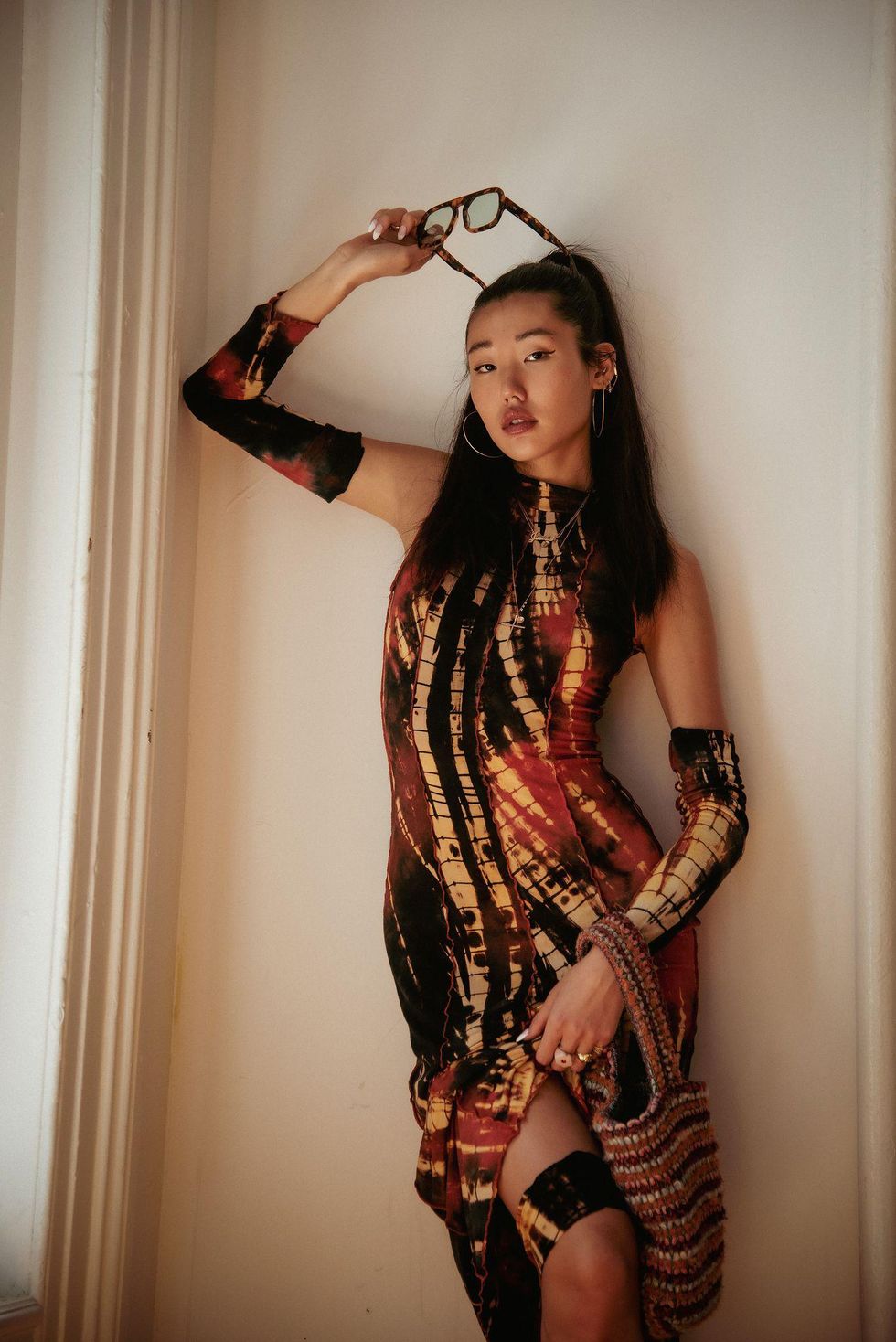
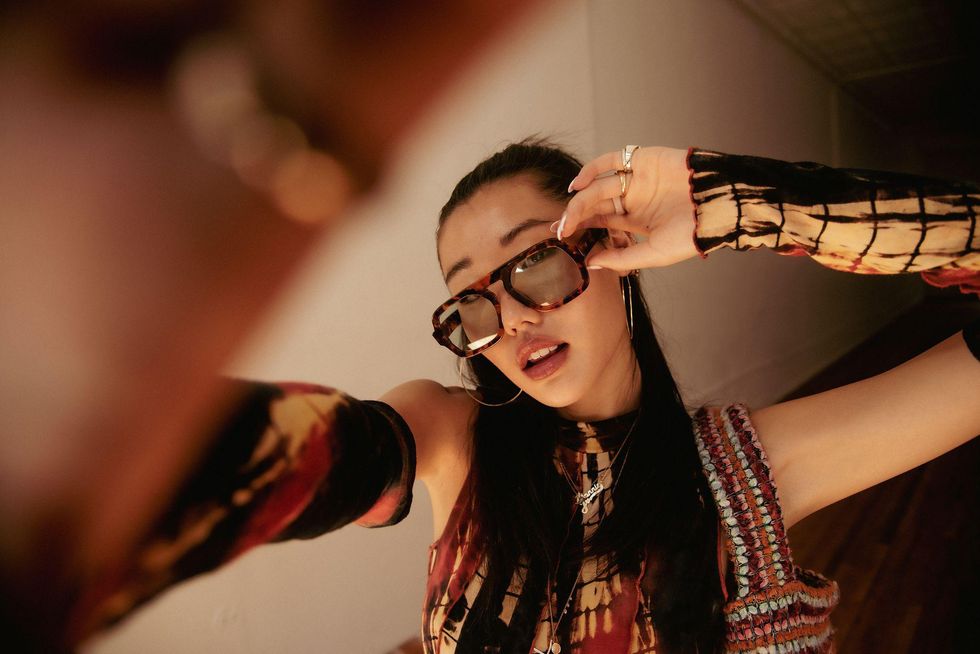
"This dress and I have had a long love affair for the last three years. It's made by Chinese-American designer Kim Shui, who modernizes qipaos and traditional Chinese-style dressing while also utilizing the sustainable solution of digital printing. I've worn it countless times. I can always rely on this dress to make me feel powerful at my low points. After almost three years of wearing it as a long-sleeve dress, I decided to detach the sleeves and make garters to go with the dress, adding a new sense of life and purpose. It's even more special knowing that I've carried this dress with me through all these years, through so many different phases and paths of my life. Now I wear the sleeves with other tank tops when I want to add spice. Extending its lifecycle, I feel as though I really essentialized the humanity behind my fashion with this piece—repeating, reusing, reconstructing.
"Paired with the Mother bag in the Kim colorway (named after my grandmother, a Korean-American war refugee and proud immigrant), this number makes me feel like I'm loudly declaring the newly transformed me, as a proud Korean-American woman, while also holding space for the young girl who tried so hard to hide who she truly was. After a lifetime of using the facade of fashion to hide who I truly was, I now choose to liberate myself through clothing, to use my style as an asset to communicate who I am to the outer world."
Shop the Look:
What opportunities does fashion present you with?
"Fashion presents me with the opportunity to advocate for racial sustainability and gives me the rare agency to express myself as boundlessly as I wish. Fashion is beyond clothing. It's my chosen love language to myself and to the world. Ethnic identity and fashion are inseparable. As a first-generation Korean-American woman, I have used fashion as a channel of liberation from my inherent forms of identity and a means of expressing a cultural and social identity that I could mold independently. It allows me to liberate myself from the overwhelming stereotyping, orientalism, tokenization, and fetishization that has weighed on my back my entire life as an Asian woman.
"The exploitation of Asian women in the fashion industry's supply chain goes hand in hand with our exploitation across all realms, including myself as a model, activist, academic, and creative. Throughout my entire life, I've been told I can't wear what I want to in order to be taken seriously because my style is either too loud or too risqué. To that, I say listen to the messages that lay behind my clothing, the humanity behind my fashion, because it should be loud. It's disruption, and my style is largely how I've strived to humanize myself in my own eyes in a world that dehumanizes Asian lives—especially the lives of Asian women.
"Historically, this idea of 'fashion' has been a way for humans to communicate their identities and to connect with one another. It's the outermost expression of the self we communicate to the outside world, inherently commodifying and racializing the body from its pure, natural form into the realms of culture and society; in this sense, as an Asian woman, fashion has always been political. Throughout history, we've seen the idea that a physical garment under the label of 'fashion' is an individual's representation of nationhood, identity, privilege, and power. Today it's a question of how we use this privilege and power for the greater good, to make fashion choices with intention that ultimately shape our community and humanity. In 2021 your fashion needs to stand for something. When we choose to support small, sustainable Asian, Black, or other POC-owned brands, when we consciously listen, support, and amplify the communities marginalized by fashion through our own, that's when we reconnect with the humanity behind it. That's largely the mission behind Sanitation Nation: creating intentional activism through fashion that cultivates humanity and brings community to fashion."
Click here to stay updated with Sanitation Nation and their latest missions, and here for a non-exhaustive list of resources and donation and education items on anti-Asian racism—and help End Asian Hate.
Photos: Gabe Araujo
Want more stories like this?
4 Asian-American Founders on the Future of the Fashion & Wellness Industry
This Artist Will Convince You to Reconsider Cargo Pants
What Constitutes a "Top" in 2021?

